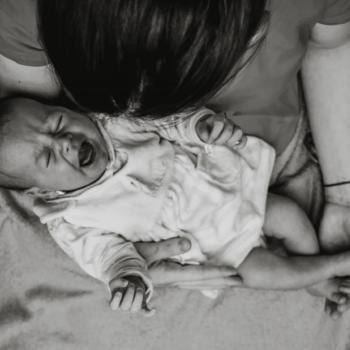Hot on the heels of this item, on non-Catholics and Communion, a reader alerted me to this, from The Tablet in London:
Restrictions on Christians from other denominations receiving communion in the Catholic Church could be relaxed, the Archbishop of Birmingham has said.
Archbishop Bernard Longley, who is co-chairman of the Anglican Roman Catholic International Commission (Arcic), said he foresaw a loosening of guidelines that already exist allowing baptised Christians to receive communion, although stressed he could not predict the pace of such a change.
In an interview with the Church of Ireland Gazette, the archbishop pointed to a Vatican document in 1993 that already allowed for communion to be received by non-Catholic Christians in certain circumstances and following specific criteria.
“Given that that represents a change and a very significant shift away from the impossibility to the limited possibility then I could imagine and foresee one of the fruits of our ecumenical engagement as moving towards a deeper understanding of communion and a deeper sharing between our Churches … which perhaps would lead to a reconsideration of some of the circumstances,” he said adding he was speaking “personally”.
It’s worth noting that there is in place right now a narrow exception that allows non-Catholics to receive Communion in very limited cases:
When other Christians who believe what the Catholic church teaches concerning the Holy Eucharist are deprived of access to a church of their own denomination for a significant period of time, they too may be admitted to Communion in the Catholic Church in exceptional circumstances (cf. Canon 844 §4). These exceptional circumstances are also described by the Catechism of the Catholic Church:
When, in the Ordinary’s judgment, a grave necessity arises, Catholic ministers may give the sacraments of Eucharist, Penance, and Anointing of the Sick to other Christians not in full communion with the Catholic Church, who ask for them of their own will, provided they give evidence of holding the Catholic faith regarding these sacraments and possess the required dispositions. (Catechism of the Catholic Church, number 1401)











